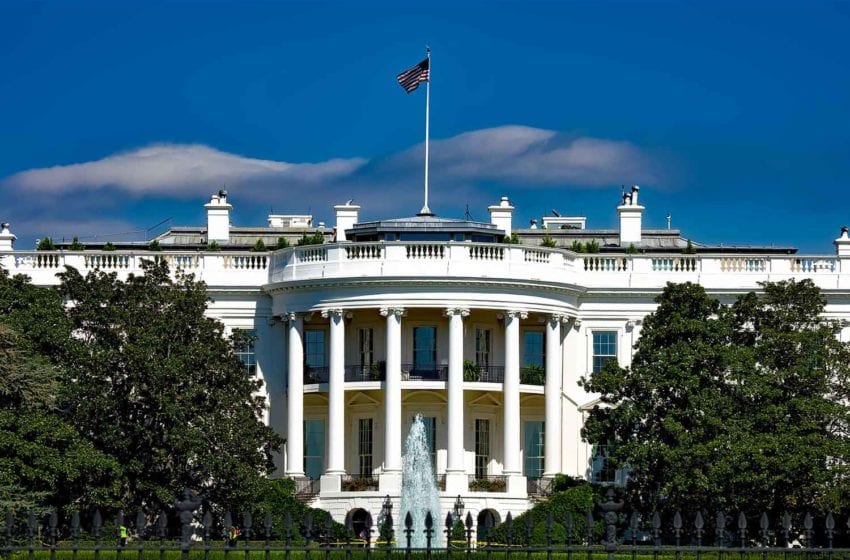Anti-smoking organizations in Malaysia have made recommendations to the Health Ministry with the aim of stamping out smoking in the country by 2045, according to a story in The Star.
The chairman of the Malaysia Medical Association Action on Smoking and Health Committee, Dr. Lekhraj Rampal, was quoted as saying that raising the legal smoking age from 18 to 21 and increasing cigarette taxes would be essential moves in preventing the next generation of smokers.
The World Bank recommends that cigarette tax should be set at more than 70 percent of the retail price, but, in Malaysia, it is about 56 percent.
Lekhraj said imposing a minimum price on cigarettes had benefited tobacco companies by raising their profit margins; whereas increasing taxes would have a similar effect of setting a minimum price but would cut into the companies’ profits.
Another recommendation was to increase the number of people dedicated to stopping smoking, and to keep that number up even if the number of smokers started to decline.
“This needs to be a consistent effort,” Lekhraj said after addressing a tobacco-control symposium in Kuala Lumpur. “We cannot let up if the country intends to put an end to cigarettes.”
There are six officers with the Health Ministry’s division that oversees Tobacco Control and the World Health Organization’s Framework Convention for Tobacco Control (FCTC), all based in Kuala Lumpur.
Lekhraj said there should be at least three FCTC officers in each state.
According to last year’s Health Ministry data, the states with the highest percentage of smokers were Sabah (28.4 percent), Kedah (26.5 percent) and Pahang (25.5 percent). The national average is 22.8 percent.
FCTC senior principal assistant director, Dr. Noraryana Hassan, who delivered the keynote address at the symposium, warned about the rising number of women smokers, which was posing a challenge to developing countries trying to end the habit.
Developing countries had to deal also with the issue of cigarette-smuggling and the lack of political will for, and proper enforcement of, tobacco controls.
Last year, Malaysia’s Health Ministry rolled out the National Strategic Plan for Tobacco Control, a five-year scheme aimed at providing more quit clinics, imposing stricter rules on tobacco companies, and introducing further restrictions on cigarette advertisements.












